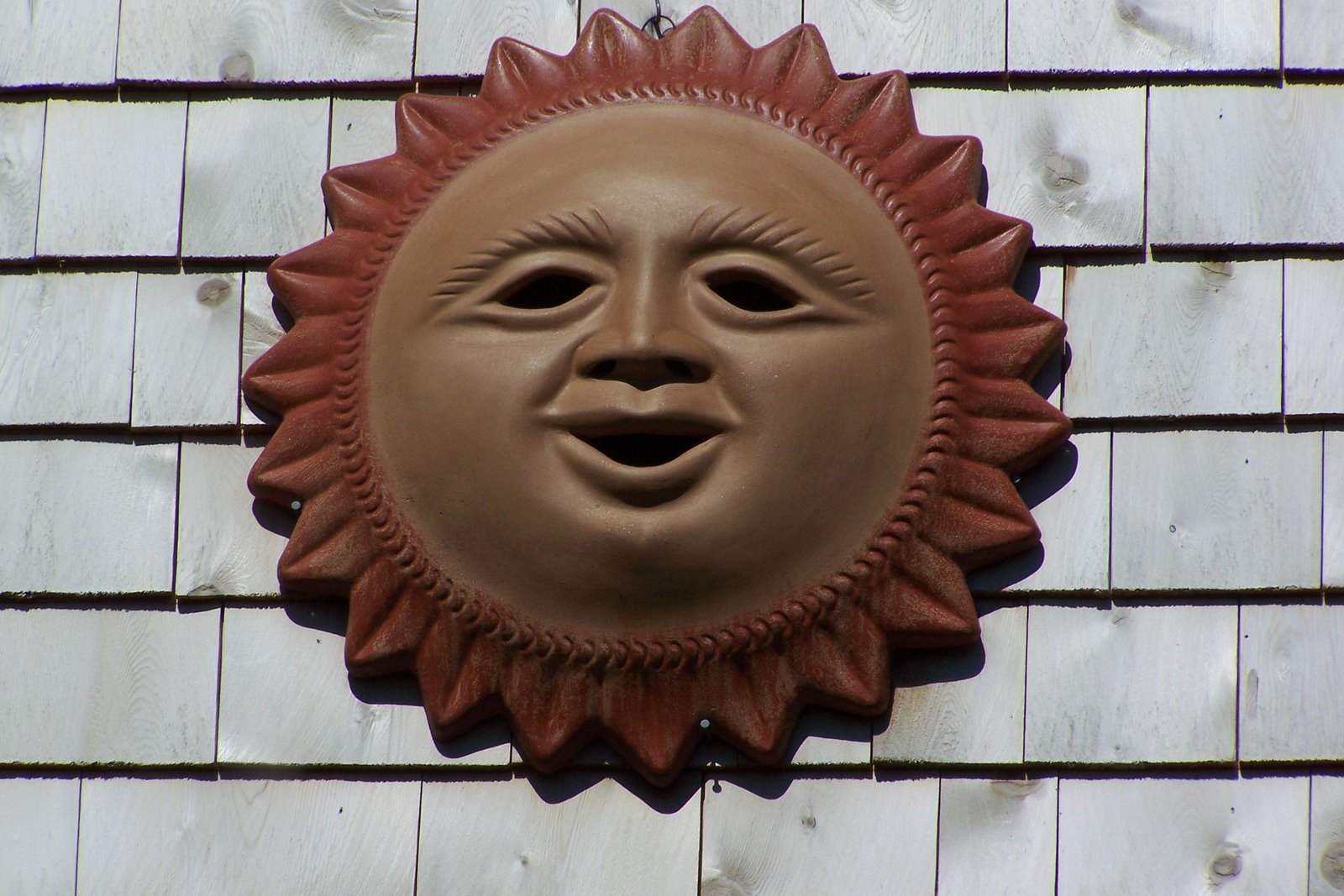Moving to a small farm on Prince Edward Island from Southern California created the obligation Susan and I feel to be good stewards of something we're holding in trust for the future. The farm will only be ours for a few short years and then it will be passed along. So we feel it's our responsibility to care for this old homestead as a living thing. Our goal is to invest in our children and in this land - to leave this farm to the next generation with fields intact, with water sparkling clean, with top soil that is deep and rich and with woodland that is diverse and healthy.
And so, as we started our farm adventure in 2000, we decided to begin organic and stay organic. We worked with MCOG (Maritime Certified Organic Growers)to become one of about two dozen certified organic farms on the island. And we found that we had a lot of learning to do. The certifying process is a learning process and our small production hardly justifies the expense and effort at certification. But we believe in creating and supporting small, local, Organic, hand-crafted food because it nurtures the land and it nurtures our community at a time when global oil and global agriculture threatens the environment and threatens food security for us all.
Lot's of people on PEI have beautiful gardens and small farms where they grow lovely produce for themselves and for market. I've met some older folks who take great care in their gardens; carrying on traditions they've learned from their elders. I am always eager to meet these growers and visit with them about the way they work. They have a lot to teach someone as ignorant as I am. Having grown up in a completely different time and place, there is plenty I don't know about living and growing on PEI.
The older people I meet don't claim to be doing anything special. They know what's useful about the old ways. They're practical and clever about the use of modern technology. In the times their experience comes from, "sustainability" wasn't a creative or political choice or a technique to preserve the environment. It was the action of keeping body and soul together on their own land season after season, year after year.
It's not surprising then that some of the people I meet as I stand behind our produce table in Murray River or at the Farmers Market in Dundas tell me that their gardens are organic and that they always have been. There is an appreciation on PEI for the tradition of carefully grown food on healthy land with clean water.
Our neighbors in Murray Harbour North are kind and generous people who have welcomed us to their community. Some go out of their way to visit and buy our vegetables. Being certified organic and selling direct at the farm gate gives us a chance to meet and talk. In a place like this, family ties and relationships go back generations. So being the new people on the old Dunn Farm is kind of like being the new kid in school. We try to mind our manners and hope to make a good impression. We hope to be worthy of our neighbors support and confidence.
I've just been reviewing the application for certification that must be filled out each year to renew our annual organic certification. The requirements are detailed and we must document every seed we plant, create farm maps of our planting areas, document the inputs we buy, the compost we make and the crops we harvest and sell. Our farm itself is inspected and our fields graded on our success and failures.
We've been re-certified each year for the last four years but have a long way to go. Perhaps it's my California bred optimism and Susan's Wisconsin work ethic that makes us think we have something to give this community and this Province. We think that if we work hard we can bring our dreams to life in these bountiful fields. We hope to produce the kind of wealth that money alone can't buy. And we encourage our friends, visitors and neighbors to share the wealth with us in each season.
Both Susan and I have worked for the rich, the powerful and the famous. We've both come to the conclusion that the quality of life isn't found in fame or fortune. Our life on Prince Edward Island brings us back to earth and teaches us the value of living. Our neighbors aren't rich, but they are generous. We are not rich but we appreciate the values that make life on PEI so good.
We don't expect to make a lot of money growing Organic vegetables. We expect to be rich in compost, yellow beans, family and friends.






